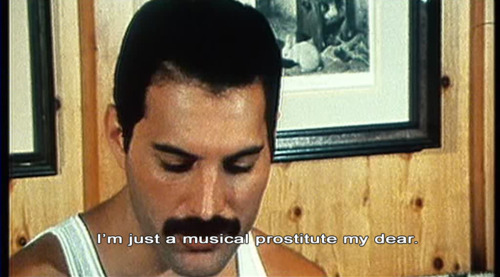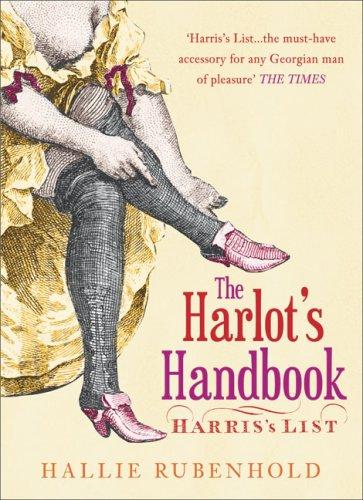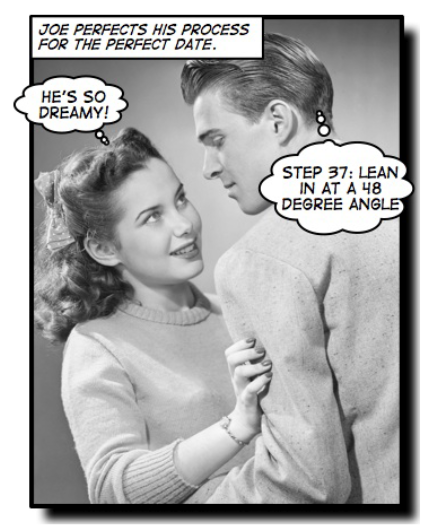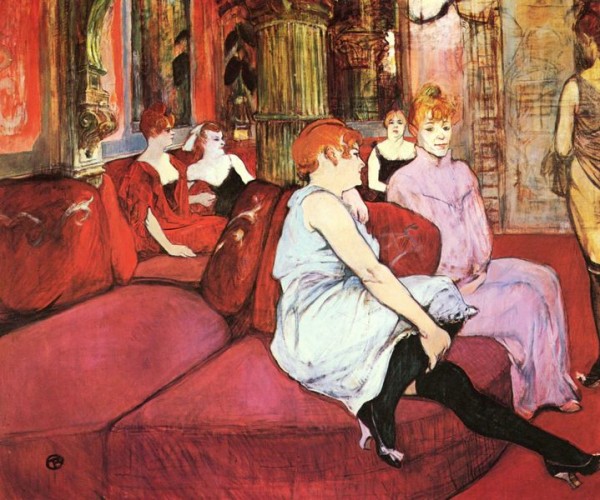Bad Girls and Killer Queens: Hookers in Pop Music

Songwriters seem to love sex workers, no matter how little they may actually know about us. And on a superficial level, we seem like pretty good song material. We’re sexual, illegal, naughty, and easy to desire and pity at the same time. You want to protect us from the dirty men who pay us for sex, yet you secretly still kind of want it for yourself (see “Roxanne,” below).
Hookers provide instant layers of emotional complexity. Throw one in your song, and viola: an edgy, sexy hit single, depressing and tantalizing all at once. (If you find the hooker-heroine of your song isn’t pitiful enough, just add drugs and that should balance things out.) Charlotte and I sifted through some sex worker songs and rated them, 1-10 based on how obnoxious or pleasing they are to hear if you’re an actual sex worker.
We’d love to hear from readers too, on what songs make you smile or cringe. Leave your thoughts in the comments.

 The term “sex worker” usually makes me cringe. By most people’s standards, as an escort, I certainly fall into that occupational category. Living in a country where prostitution is illegal in all but a single state means that labeling myself a “sex worker” is hardly pragmatic. Besides, to call men like myself (straight male escorts) “sex workers” is almost insulting. How great would my life be if I could just sell sex? I have very few clients whose primary interest in retaining my services is sexual intercourse, or even sexual physical contact. Critics of the show I happen to be a part of have no frame of reference for what my profession entails. I will be the first to admit that the show, with eight 30-minute episodes per season, is not exactly made to be educational. Those critics have said repeatedly that women don’t have to pay to get laid. I have said repeatedly that they are correct, but that both women and men most definitely pay for “sex.”
The term “sex worker” usually makes me cringe. By most people’s standards, as an escort, I certainly fall into that occupational category. Living in a country where prostitution is illegal in all but a single state means that labeling myself a “sex worker” is hardly pragmatic. Besides, to call men like myself (straight male escorts) “sex workers” is almost insulting. How great would my life be if I could just sell sex? I have very few clients whose primary interest in retaining my services is sexual intercourse, or even sexual physical contact. Critics of the show I happen to be a part of have no frame of reference for what my profession entails. I will be the first to admit that the show, with eight 30-minute episodes per season, is not exactly made to be educational. Those critics have said repeatedly that women don’t have to pay to get laid. I have said repeatedly that they are correct, but that both women and men most definitely pay for “sex.”
 Prostitutes are the new black in Canada. I’m proud to say that by and large, Canadian people seem pretty sympathetic to this a hot legal and social issue (despite annoying comments like “they should legalize and tax it.” I wish I could emblazon on everyone’s brain that earnings from prostitution are already taxable). Prostitution laws in Canada are facing their most serious legal challenge in 20 years, and so far the prostitutes seem to be winning. The government’s stance of—I’m paraphrasing here—“Who cares if they get killed? They’re just prostitutes” has gone over poorly with the public and the courts.
Prostitutes are the new black in Canada. I’m proud to say that by and large, Canadian people seem pretty sympathetic to this a hot legal and social issue (despite annoying comments like “they should legalize and tax it.” I wish I could emblazon on everyone’s brain that earnings from prostitution are already taxable). Prostitution laws in Canada are facing their most serious legal challenge in 20 years, and so far the prostitutes seem to be winning. The government’s stance of—I’m paraphrasing here—“Who cares if they get killed? They’re just prostitutes” has gone over poorly with the public and the courts.